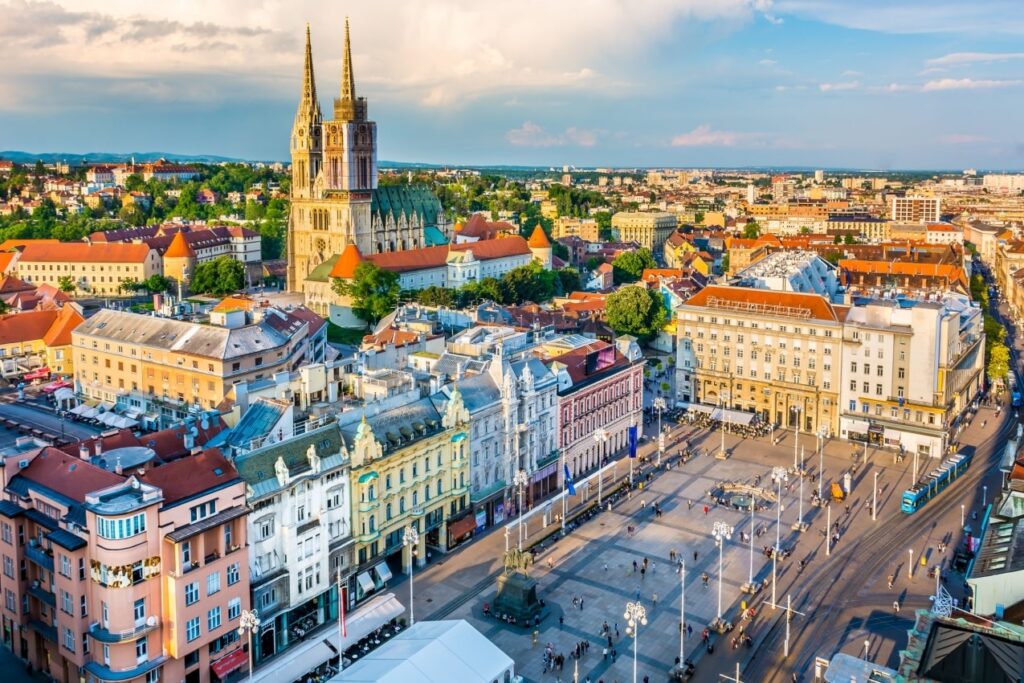Europe offers various work visa options for individuals seeking employment in the region. The type of visa you need depends on the country, the nature of your work, and your qualifications. This guide covers the essential aspects of work visas for Europe and helps you navigate the process of obtaining the right visa to start your career abroad.
Different European countries have different visa categories. Below are the most common types of work visas available:
EU Blue Card
Skilled Worker Visa
Intra-Company Transfer Visa
Temporary Worker Visa
Startup/Entrepreneur Visa
While specific requirements vary by country and visa type, general requirements for most work visas include:
The application process for a work visa generally follows these steps:

Several European countries offer attractive work visa options. Here are a few examples:
Work visas in Europe are typically valid for one to three years, depending on the type of visa and country regulations. Some visas are renewable, while others may require you to apply for permanent residency after a few years.
Securing a work visa for Europe can be a complex but rewarding process. Whether you are looking for a short-term opportunity or a long-term career in Europe, it’s important to research the specific requirements of your chosen destination and ensure you meet the necessary criteria. With the right preparation, you can embark on a successful career abroad.
For personalized assistance and more detailed information, [contact us] or explore specific country guides on our website.
+92-326-6019888
Office No, 02 University Road, Sargodha, Punjab - 40100
info@ilaahiinternational.com
With 22 years of excellence, Ilaahi International specializes in work visas, career opportunities, and global workforce solutions. We are dedicated to simplifying the process and guiding you every step of the way. Our expertise ensures that your aspirations turn into achievements. Trust us to connect you to a brighter future and unlock global opportunities.
Copyright © 2024 All rights reserved.